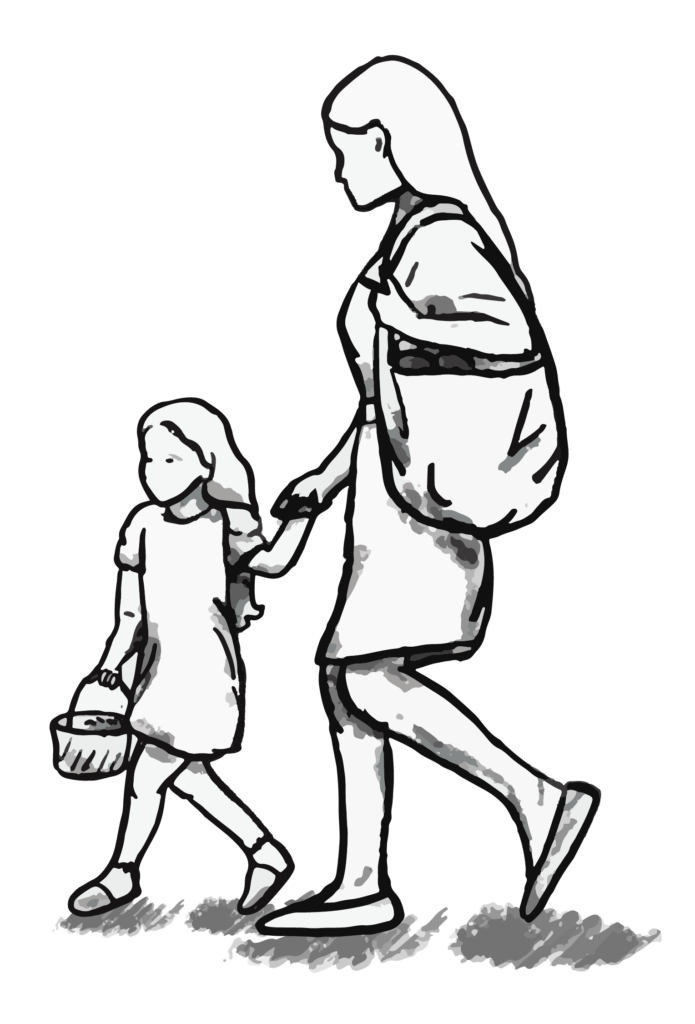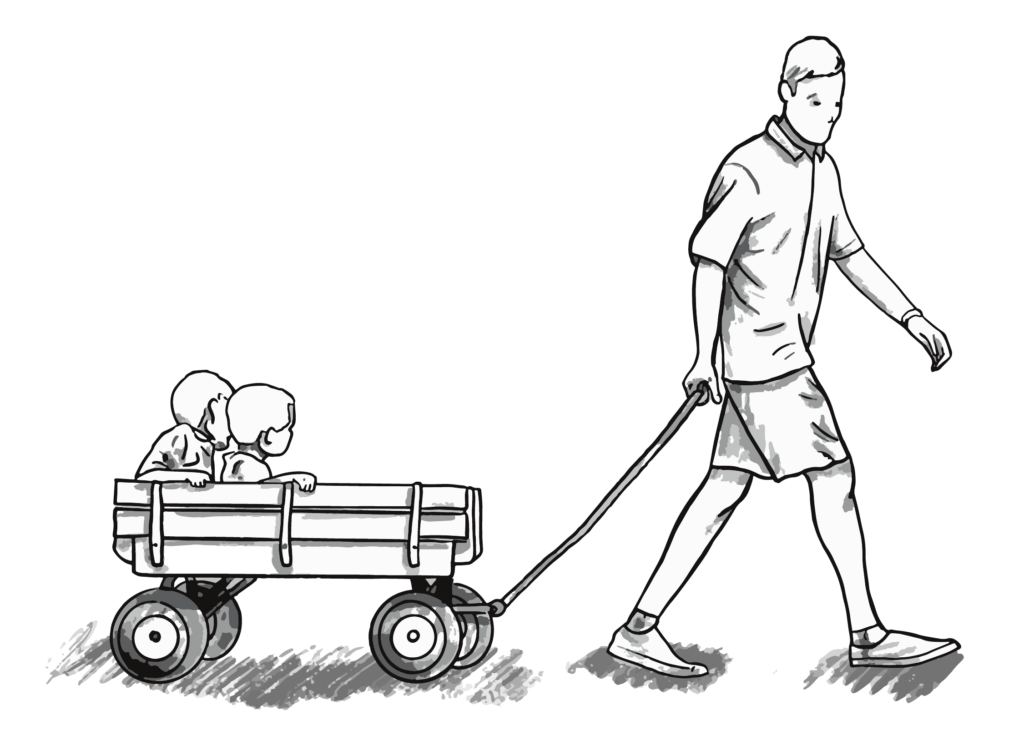Play is not just a frivolous pastime for children; it’s a fundamental aspect of their development and learning journey. Remember how everything felt like an adventure when we were little? That was because through playing at every age step—from babyhood right into those childhood years—we were actually on a mission gathering creativity points while honing vital tools for life without even realizing it! In this part of our chat, I want to show you all sorts of ways that playing isn’t just fun but also a key part of how children grow. And we won’t stop there – let’s talk about what adults, nannies and caregivers can do to help steer this in the right direction.
Sensory Exploration
– Play provides children with opportunities to engage their senses, from touch and sight to sound and smell.
– Sensory play activities such as playing with sand, water, or playdough help children explore different textures, develop fine motor skills, and enhance cognitive development.
Imaginative Play
– Role-playing and imaginative play allow children to make sense of the world around them and explore different roles and scenarios.
Letting children explore the world through pretend play is like giving them a crash course in speaking fluently, tackling challenges head-on, and getting along with others as they act out different roles and scenarios.
Cognitive Development
– Games and puzzles challenge children’s cognitive abilities, encouraging them to think critically, solve problems, and make decisions.
Ever seen the lightbulb moment when little ones figure out which block fits where? That’s them sharpening their problem-solving skills along with getting comfy with math ideas and learning about distance between things without even realizing it through what seems like mere playtime activities such as puzzle solving or seeking identical cards.
Social Interaction
– Play fosters social skills and cooperation as children engage in games and activities with peers.
Kids who play together learn fast – they figure out how to join forces seamlessly while picking up crucial skills like understanding from another’s perspective and chatting their way through tricky spots instead of clashing.
Physical Activity
– Active play, such as running, jumping, and climbing, is essential for children’s physical health and development.
Kids playing outdoors is a sight to behold. It’s here that they master essential life skills – think mastering movement from walking to leaping gracefully (or sometimes not so), figuring out balance on one foot or mid-sprint; all these adventures under the sun work wonders on spatial thinking and personal growth in spades.

– Artistic and creative play activities, such as drawing, painting, and crafting, allow children to express themselves and explore their imagination.
Imagine this—every time your child gets lost in creating something out of nothing; they’re sharpening how well they can share what’s inside them. Not only that but figuring things out becomes less scary and belief in themselves skyrockets along with a sweet dash of pride over what they’ve done.
Tips for Supporting Learning Through Play
1. Hand over the kind of playthings that open doors to creativity and discovery – they’re like keys to whole new worlds.
2. Follow children’s lead and allow them to guide their play experiences.
3. How about we build an oasis where children are encouraged to step out of their comfort zones, feeling secure as they experiment?
4. Offer opportunities for both independent and collaborative play.
5. Suggesting that kids spend time playing in the fresh air doesn’t just promote good health; it ties them closely with Mother Nature’s wonders.
So there you have it – through the simple act of playing, children aren’t only having a blast but are also laying down the building blocks for growth across every area imaginable. Think about this: Supporting our little ones as they explore through play is like planting seeds of potential that grow into towering trees of knowledge over time.

